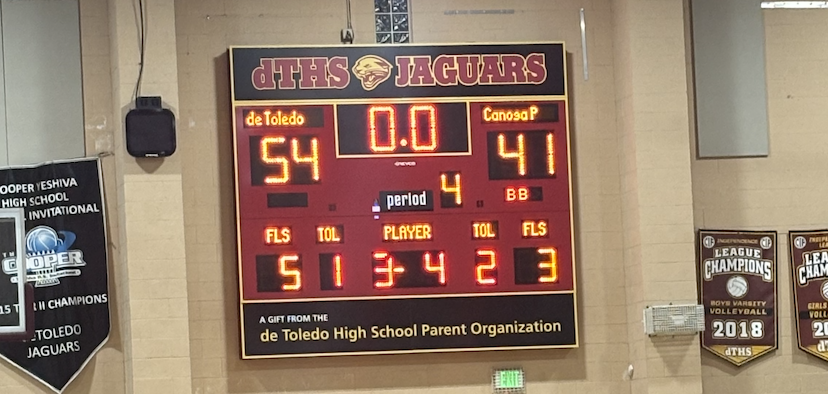Why I Am Playing on the Boys’ Varsity Soccer Team
“I cannot say I am fearless about this process.”
Recently, the U.S women’s national soccer team filed a gender discrimination lawsuit againt the U.S. Soccer Federation. The women’s team plays more games and wins more games than the men’s team; however, they still get paid less. This affects where and how often they play, and the medical assistance and coaching they receive. This is one of the many times women have had to fight for their rights, specifically in sports.
Women weren’t always allowed to enter the Boston Marathon, and in 1967, Katherine Switzer hid her gender by running under an alias, becoming the first woman to complete the race. Although an official from the Boston Marathon tried to force her out of the race, she was persistent and carried on. In 1972, after this momentous event, women were officially allowed to enter the race and it was no longer thought of as “damaging to women’s heath and their femininity.”
Another example is tennis legend Billie Jean King in the Battle of the Sexes, which led to female players being able to earn equal prize money in tournaments. According to the New York Times, King said: “Everyone thinks women should be thrilled when we get crumbs. I want women to have the cake, the icing and the cherry on top, too.”
Women haven’t been treated equally for years, but in 1972 Title IX passed, stating “no person in the United States shall, on the basis of sex, be excluded from participation in, be denied the benefits of, or be subjected to discrimination under any educational program or activity receiving federal financial assistance.” The effect of Title IX is extensive in American society and propelled gender equality. Before Title IX, there were about 1 in 27 girls who played sports in America. After it was passed, about 2 in 5 girls played.
The struggles of women in sports and what they have gone through to obtain gender equality is why today, in 2019, I have the opportunity to play on the boy’s varsity soccer team at school. This year, the girl’s soccer team was struggling to get enough players, and, in the end, we did not get the number of girls needed to make a team.
At first when I approached my coach about the idea of a coed soccer team, he gave me a lot of reasons why we shouldn’t do it: there were religious issues where teams we played against could refuse to let girls play; the levels of girls and guys were different, and the girls could possibly bring down the level of playing; and, ultimately, it wouldn’t be fair to the boys.
Although upon hearing these reasons I automatically thought it was sexist, I knew that these were not my coach’s opinions. The society we live in is sexist.
To my coach Pat Curren, we are all just players, and gender doesn’t play a part in how he sees us or how he evaluates us when deciding who will go on which team.
It will be different to play with boys than it would be to play with girls, and that’s not sexist, it’s just realistic. The majority of boys I will be playing against and with will be faster and stronger than I am, and that will be something I will have to struggle with.
However, I am grateful that I live in a time when I can get an opportunity to do something I love and not be prevented from playing soccer because of my gender. Honestly, because of the society we live in, I cannot say I am fearless about this process.
Although a lot of the guys on my team are very supportive of girls playing with them, I know that not all the guys we will be playing against will be so accepting. I expect sexist remarks on the field or even some aggression from them, but that’s just a risk I have to take in order to play and do what I love. Although not everything is progressing with women’s rights, I believe that things are slowly changing over time and that this is a step in the right direction.

My name is Leila Wazana and I am a senior at de Toledo. This is my first year writing for The Prowler and I am excited about what I can contribute. I look...


























